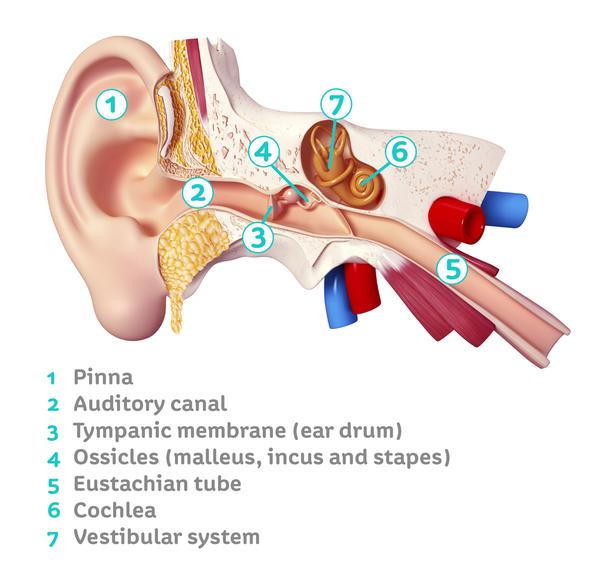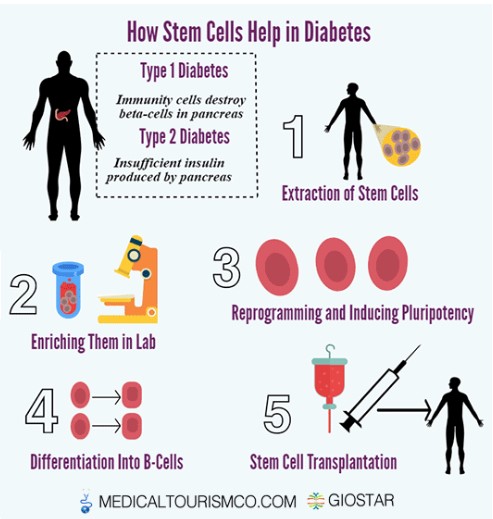3. Stem Cell Potential To Combat Hearing Loss
This month, on the podcast Beyond Biotech, Simon Chandler, Chief Executive Officer (CEO) of U.K. based Rinri Therapeutics, provided an update on regenerative cell therapy for hearing loss. Simon leads this work, on the back of Professor Marcelo Rivolta’s research in this field
of over two decades at the University of Sheffield.
Hearing loss is a vast global problem. There are currently one and a half billion people in the world with some form of hearing loss (as reported by the World Health Organization.
“This is estimated to rise to 2.5 billion by 2050. Of those, 500 million have disabling hearing loss; that’s so severe that it affects their day-to-day life and impacts their
ability to participate in society. Untreated hearing loss has a direct impact on mental health decline and importantly, it’s been realized it has a direct impact on cognitive decline and particularly dementia,” said Simon Chandler.
Sensorineural hearing loss is a cellular problem, Chandler pointed out. As a result, he believes that the logical solution to restore hearing is to repair this cellular damage with functional
cells.
The inner workings of the ear are complex. While surgical procedures to treat abnormalities of the eardrum or the ossicles (bones of the ear) are now routine, the medical devices currently used to treat inner ear (cochlea) dysfunction, hearing aids and cochlear implants, while remarkable, never fully restore hearing even with the best outcomes. Moreover, implants can sometimes cause a loss of residual hearing and, although rare, can pose a risk of
meningitis.
Rinri’s lead product is Rincell-1, a first-of-its-kind inner ear cell therapy that hopes to recover sensorineural hearing loss, specifically hearing loss caused by damage to the auditory nerves in the cochlea.
Rincell-1 has successfully performed in all preclinical phases. Rinri Therapeutics are now moving to human clinical trials.



